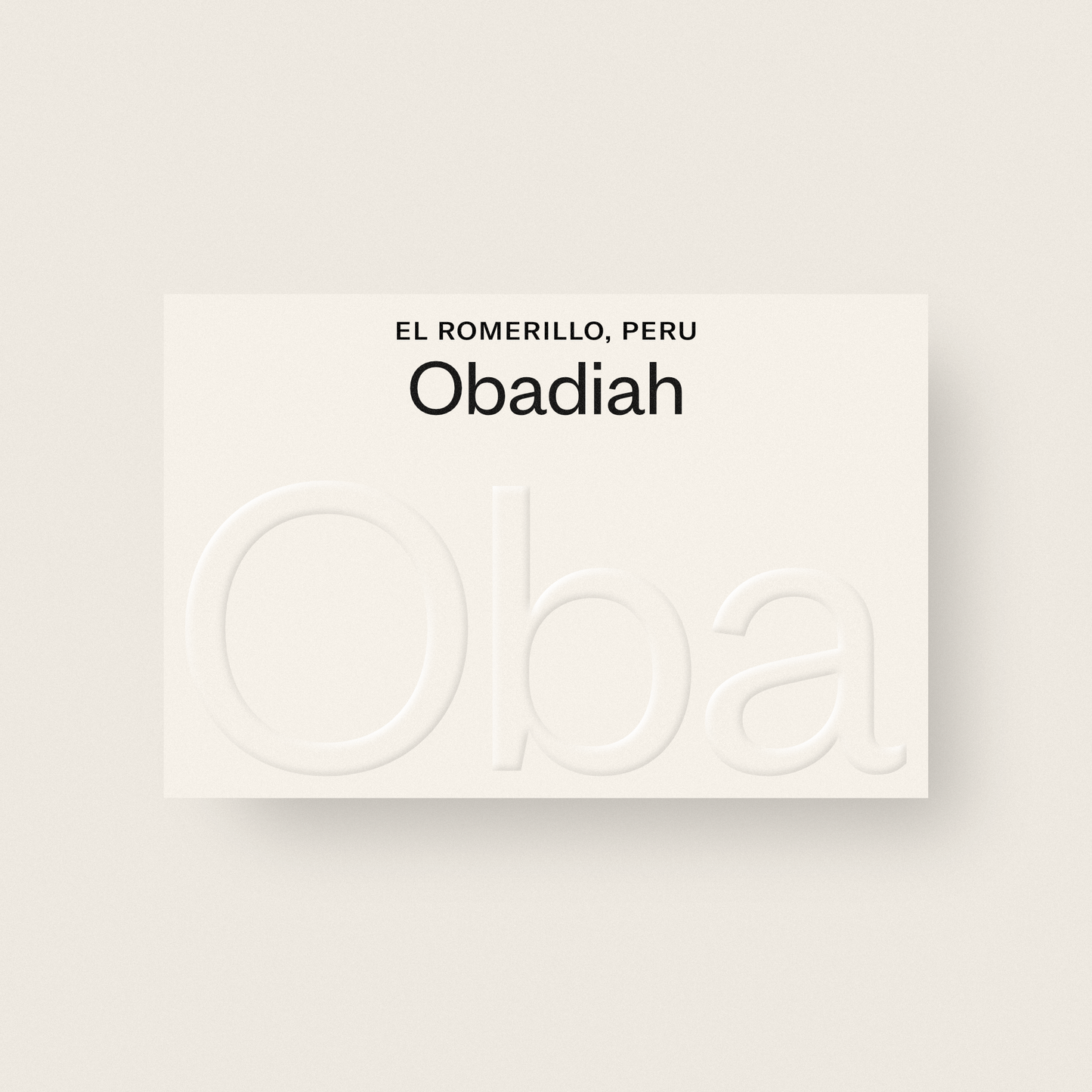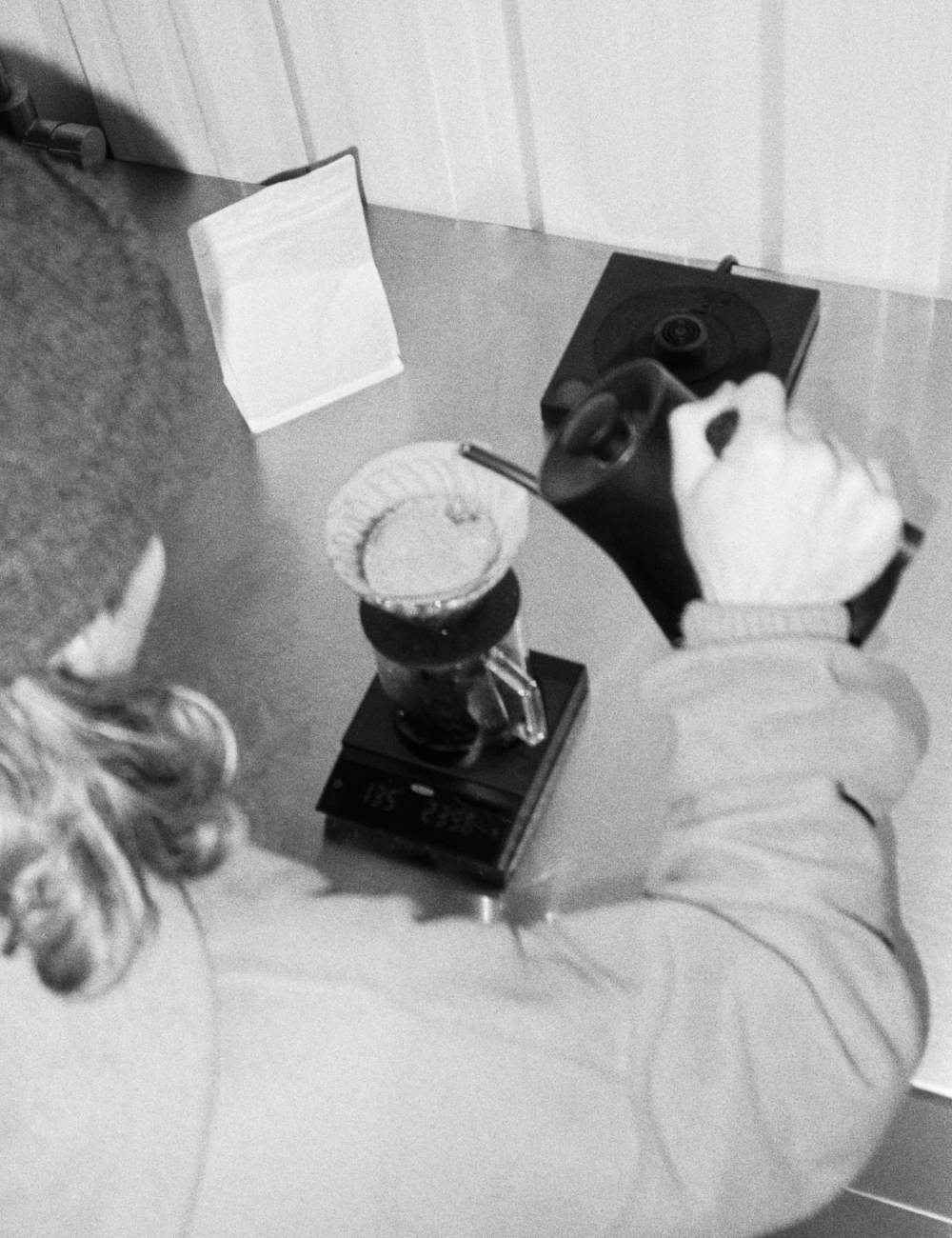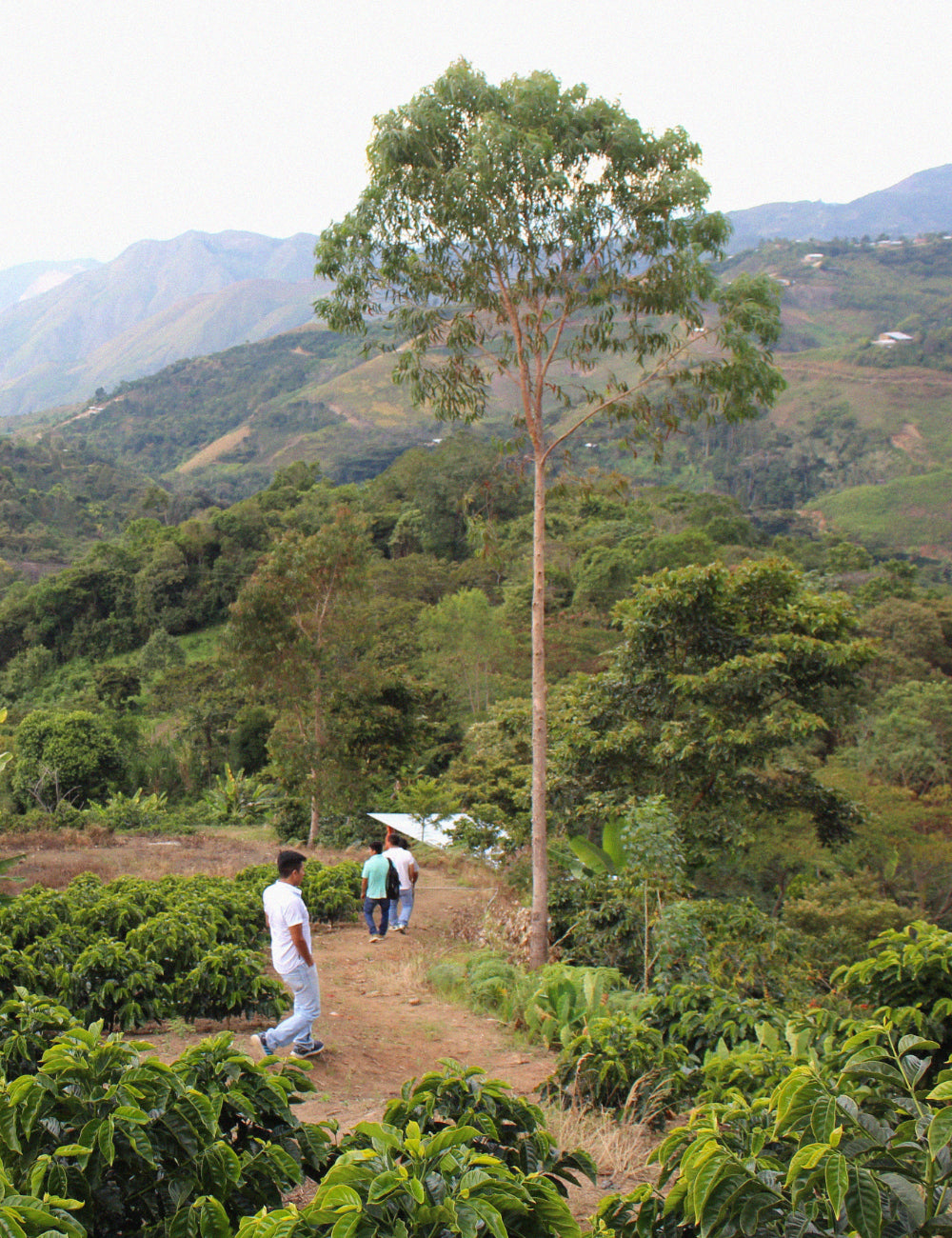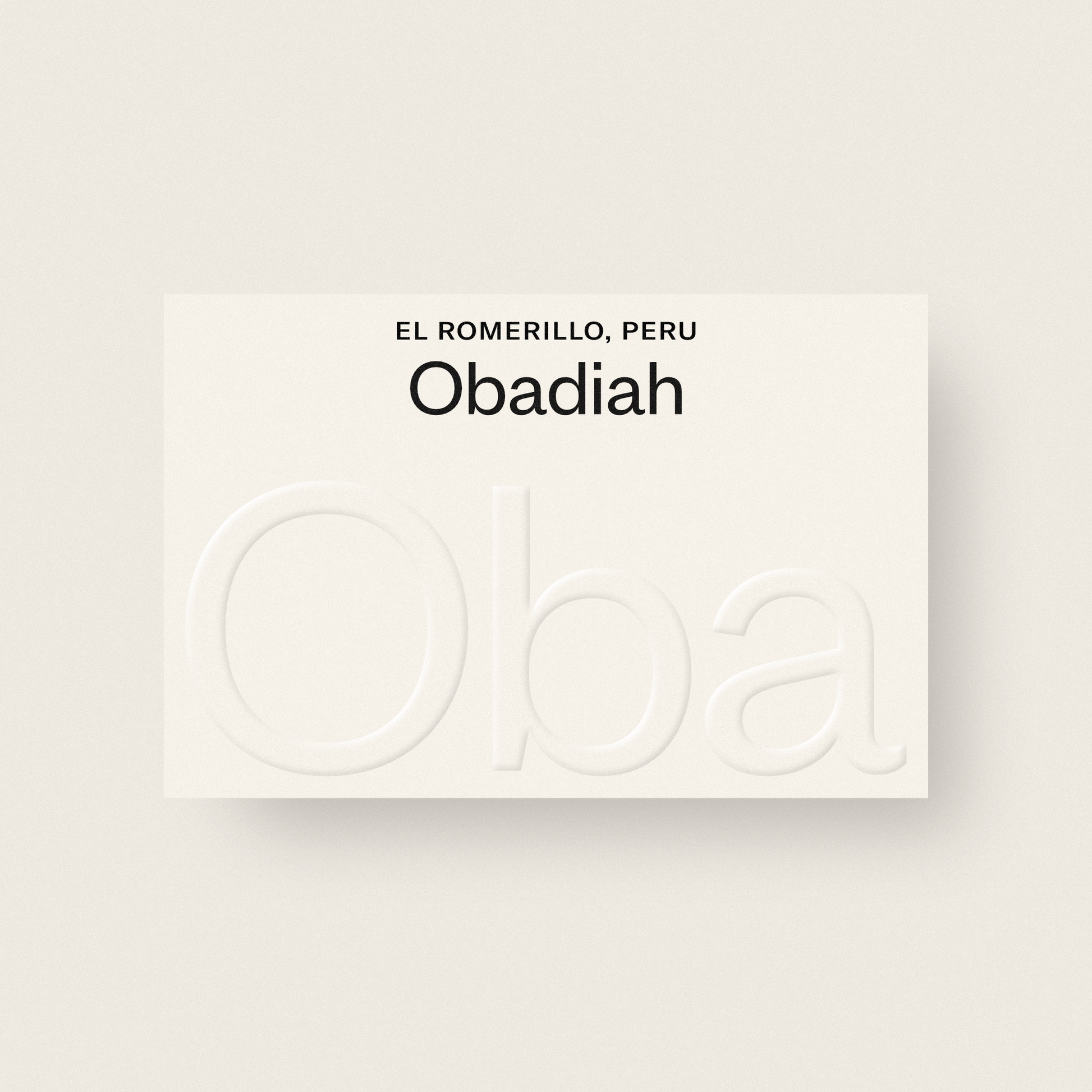El Romerillo
El Romerillo
The Acosta Family's dedication to quality is exemplified by their onsite testing laboratory: peach sweetness & grenadine.
Regular price
£15.25
Regular price
Sale price
£15.25
Unit price
per
Character
Character
We taste peach, brown sugar & grenadine.
Brewing
Brewing
Recommended for espresso and filter.
Resting
Resting
We recommend resting our coffee inside its sealed bag for a minimum of 21 days to enjoy the best results.
Couldn't load pickup availability


Dedication to quality.

The Producer

